Pharma Industry News Update: 10 May 2016
What Are the Causes of Digital Marketing’s Failure? 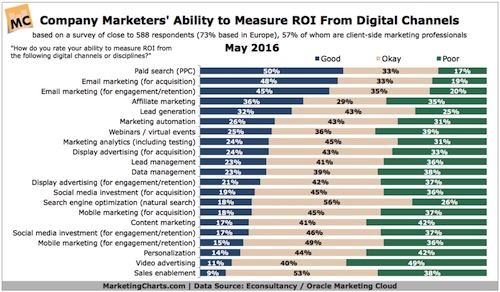
The leading reason why companies don’t invest more money in digital marketing is a generally restricted budget for all types of marketing, per a recent report from Econsultancy and Oracle Marketing Cloud. But beyond that primary hindrance, staff constraints, company culture and an inability to measure ROI are all cited as factors, and the report wonders if the “culture of ROI is stifling innovation.”
Indeed, as the analysts note, “without the ability to measure channels, ROI cannot be proved to management, and without proof, decision makers are unlikely to increase budgets.”
Found out more & access link to the full report here.
Another Buzzword: “Influencer Marketing.” Does It Pass the “Authenticity” Smell Test? 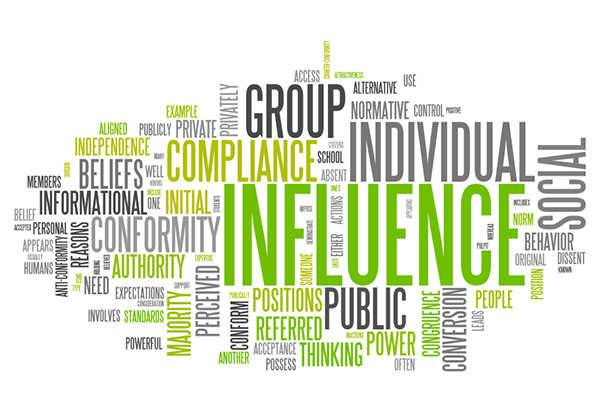
With it’s massive growth, proliferation on difficult-to-control social media platforms, and the oftentimes contradictory language from influencer marketers themselves, influencer marketing has become something of a wild west — something that, if influencers and marketers aren’t careful, could end up hurting the longterm prospects of the industry as a whole.
“The FTC and other regulatory authorities are very concerned about influencer and native advertising,” said Andrew Lustigman, an attorney at Olshan Frome Wolosky who specializes in advertising and marketing. “Because the message is now coming from a third party, regulators want to make sure that consumers know that there is business relationship between the parties so that they can evaluate the message with that in mind.”
Unfortunately, this is anything but standard practice.
More here.
DTC National Sees No Future in Digital or Social or Mobile & Will Focus Solely on TV & Print Ads
I [Bob Ehrlich, Chairman of DTC Perspectives] wanted to explain why after 16 years of developing conferences we decided to run one solely on tv and print this fall. It seems odd that the media with the most spending seems to get the least discussion on the agenda. Our DTC National offers a wide array of topics but most are in new media. I always ask people to submit speaking proposals on television and print but few are received. While drug marketers are anxious to learn the latest on new media, there is a lot that can be improved in the meat and potatoes category. 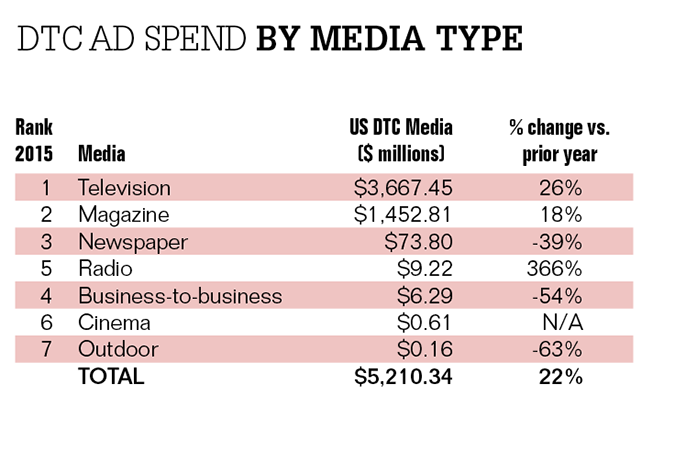 So in October we will do an entire conference that never mentions social media, mobile, relationship marketing, or personal fitness devices. Instead we will focus on making our tv and print ads better, spending more effectively, and doing better analysis. I am not pushing mass media over new media, just recognizing that if more than 80% of our budget is spent there, we might as well strive to do it better.
So in October we will do an entire conference that never mentions social media, mobile, relationship marketing, or personal fitness devices. Instead we will focus on making our tv and print ads better, spending more effectively, and doing better analysis. I am not pushing mass media over new media, just recognizing that if more than 80% of our budget is spent there, we might as well strive to do it better.
More here.
Akili’s Double-Blind, Randomized Clinical Trial of ADHD Video Game: Seeks FDA OK
 Akili Interactive Labs will soon launch a clinical trial, called STARS-ADHD, that will evaluate the efficacy of its video game intervention for children with ADHD. The company plans to enroll a minimum of 300 children aged 8 to 12 years for its double-blind, randomized, controlled trial.
Akili Interactive Labs will soon launch a clinical trial, called STARS-ADHD, that will evaluate the efficacy of its video game intervention for children with ADHD. The company plans to enroll a minimum of 300 children aged 8 to 12 years for its double-blind, randomized, controlled trial.
“Project: EVO has shown early promise to help improve attention and neurocognition in cognitive disorders like ADHD,” STARS-ADHD Principal Investigator Scott Kollins, who is a professor of psychiatry and the director of the ADHD Program at Duke University School of Medicine, said in a statement. “We look forward to enrolling patients and advancing the study and validation of this potential new treatment option for young patients with ADHD.”
Comment: Will the FDA approve a video game as an effective treatment for a medical condition? Even if it is approved, will health insurers/patients pay for a game treatment after being conditioned all these years to think only of drugs as treatments? Will physicians prescribe the game to their patients? That would require overturning the entire drug-physician industrial complex! For more on that, read this 2012 Pharma Marketing Blog post: “The Next New Drug: An FDA-Approved Video Game“.
More here.
IoT Bill of Rights Proposed
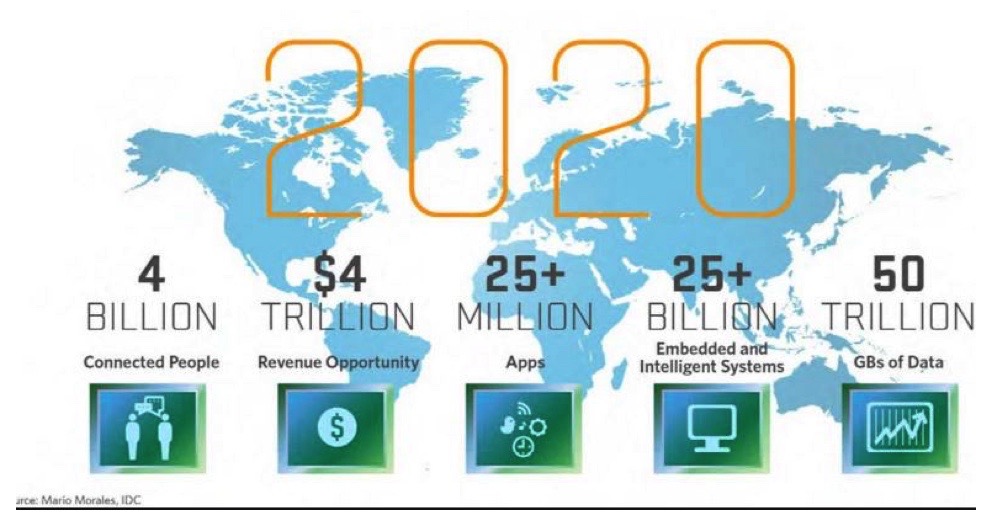
The increasing collecting of personal health data is colliding with the theft of that data and the Internet of Things magnifies the whole Big Personal Data challenge. Frankly, we cannot just stand by … we need an IoT Bill of Rights.
The major companies making connected devices should ensure this by agreeing to an “Internet of Things bill of rights.”
There are a few core principles. Find out what they are here.


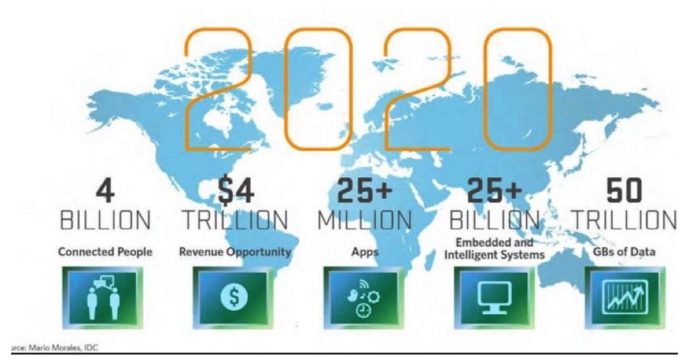






![6 Digital Tools at the Center of Healthcare Digitalization [INFOGRAPHIC]](http://ec2-54-175-84-28.compute-1.amazonaws.com/pharma-mkting.com/wp-content/uploads/2021/04/6DigitalTools_600px-100x70.jpg)




